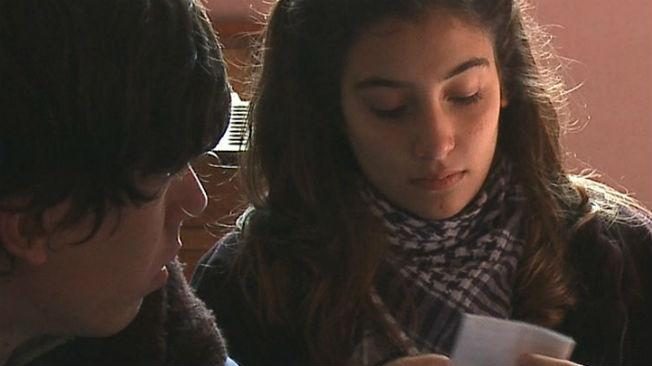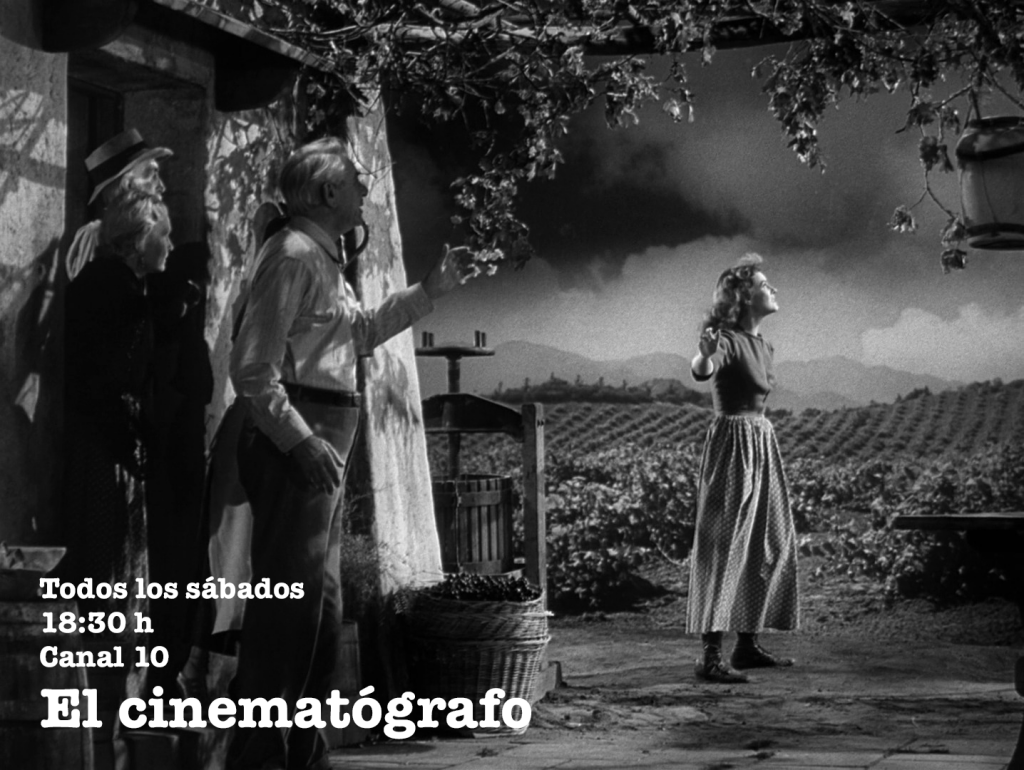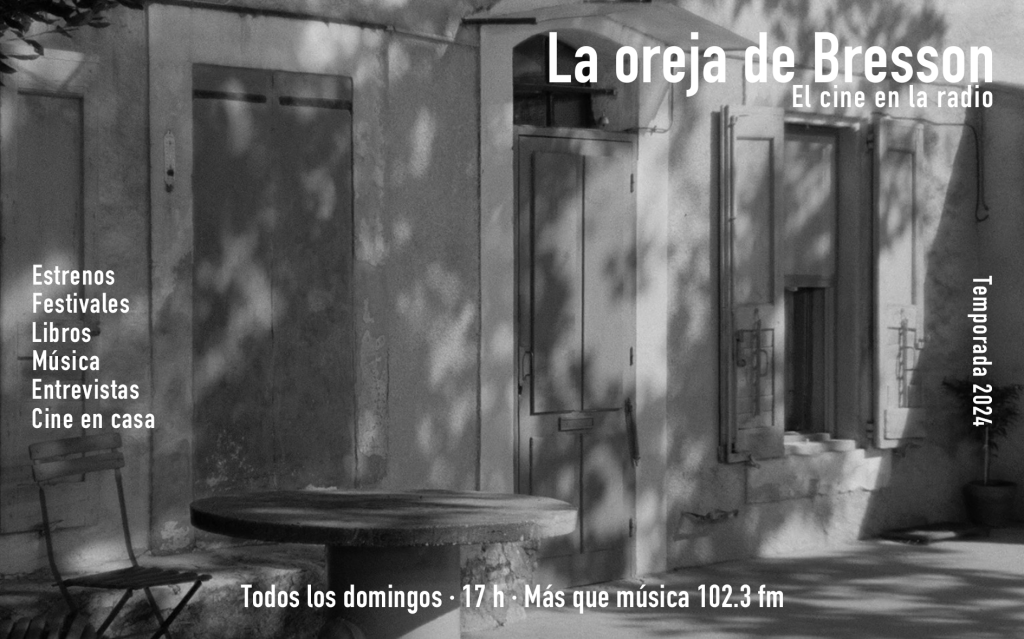
SHORT REVIEWS(11): ESCUELA NORMAL / NORMAL SCHOOL
![]() Escuela normal / Normal School, Celina Murga, Argentina, 2013
Escuela normal / Normal School, Celina Murga, Argentina, 2013
By Roger Koza
This superb documentary features Argentina’s first Escuela Normal (Normal School) as scenery, a paradigmatic institution for the civilizing and liberal endeavor led by controversial president Domingo F. Sarmiento at the end of the 19th century. The School, past and present, constitutes an identity factory, a public space where citizens are modeled, both civically and politically.
Celina Murga, once a student in this institution, chooses an observational strategy in order to structurally show its functioning and effects upon the invisible intimacy of the student body. This is a known method, but here the distance implied by this formal procedure surprisingly does not entail neither coldness nor anti humanistic asepsis. A democratic kindness towards each of its characters is one of the film’s virtues —the headmistress, the teachers, the students, their parents, some former students, and the cleaning staff are portrayed as legitimate subjects.
The result is outstanding, not just due to the spatial knowledge allowing for the precise frame in every situation (the main court panoramic views, students going up the staircase, the chosen perspective to register a class, a voting session, an event), but also because it synthesizes —in both a lucid and splendid way— the educational practice as a whole through a complete school year. It is not by chance that the light narrative core of the film revolves around the voting of representatives for the students’ center: school is a juvenile training aimed at a full entry into social order. In this sense, Murga manages to capture a student’s process of coming into awareness as she understands the complex place any politician has in society. It is an extraordinary passage, because it shows an instant of sudden insight and the final process in her secret learning.
And that’s not all —in the epilogue, the film’s director plays a master card with which she verifies the leaning experience’s trace along time.
Roger Koza / Copyleft 2013





Últimos Comentarios